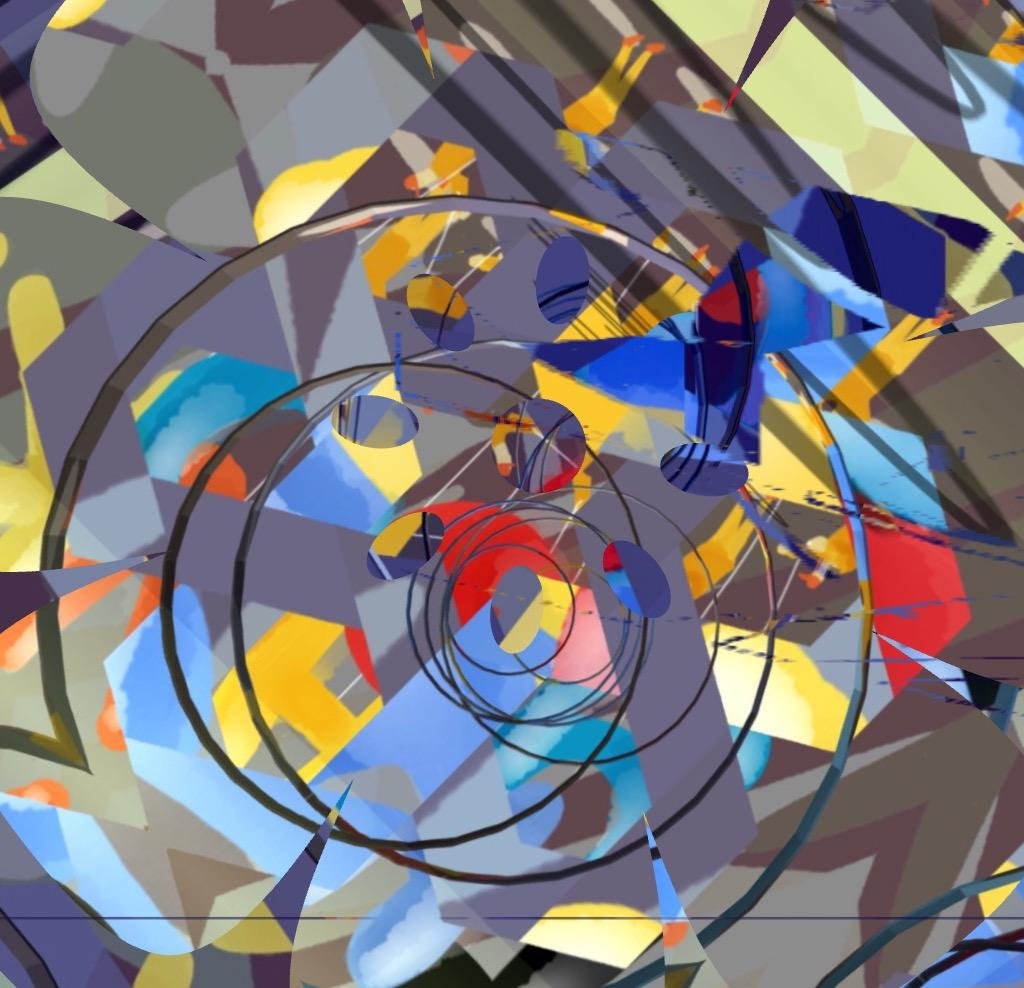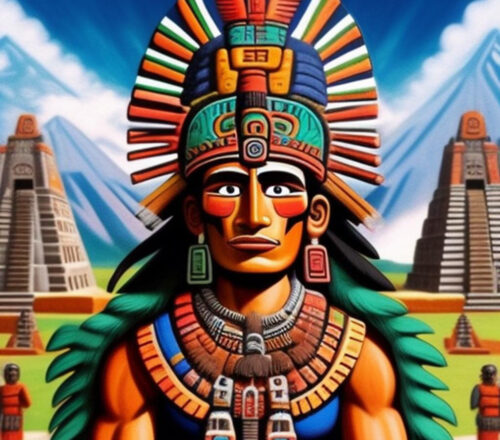
Table of Contents
Two culturally diverse myths on creation and destruction
Let’s explore two culturally diverse myths and draw some comparisons. For this, I’ll choose a myth from Norse mythology and another from African folklore.
Norse Mythology – Ragnarök
In Norse mythology, Ragnarök represents the cataclysmic final battle and the end of the world. This myth involves a series of events including a great battle, natural disasters, and the death of many gods like Odin, Thor, Freyr, Loki, and Heimdall. Ragnarök is characterized by the concept of cyclical time – after the world is destroyed, it’s reborn anew, and life begins again. This myth reflects the Norse view of the universe as a constantly changing entity, with a cycle of creation, existence, and destruction.
African Folklore
The Creation of the World by Mbombo (Bakuba mythology): In the Bakuba (or Bushongo) mythology from Central Africa, the creation story centers around Mbombo, a giant god who vomited the sun, moon, stars, and then, after feeling an intense pain in his stomach, vomited the animals, trees, and humans. This myth represents the origin of the world and life, emphasizing creativity and the birth of existence from a divine source. Unlike Ragnarök, which focuses on the end of the world, the Bakuba creation story is about the beginning and the generative power of the divine.
Comparisons
- Theme of Creation and Destruction: While Ragnarök focuses on destruction and rebirth, the Bakuba myth focuses on the creation. Both, however, encompass the idea that the world and life are dynamic processes shaped by divine or supernatural forces.
- Cosmic Scale: Both myths operate on a grand, cosmic scale. They involve gods and divine beings and explain fundamental aspects of the world – its beginning or end.
- Cultural Reflections: These myths reflect the values and beliefs of their respective cultures. Norse mythology, with its emphasis on battle and valor, mirrors the warrior culture of the Norse people. In contrast, the Bakuba creation myth reflects a deep connection with nature and the universe, common in many African cultures.
- Symbolism and Meaning: Each myth carries its symbolism – Ragnarök represents the cyclical nature of time and the inevitability of change, while the Bakuba myth symbolizes the power of creation and the mystery of life’s origins.
By comparing these two myths, we see how different cultures approach the fundamental questions of existence, creation, and the nature of the cosmos, each infusing their stories with unique cultural, environmental, and philosophical elements.
The featured image illustrates and resumes both myths. On one side, you can see the chaotic and fiery scene of Ragnarök from Norse mythology, and on the other, the serene depiction of the Bakuba creation myth. This visual contrast highlights the themes of destruction and creation inherent in these myths.
Shop tips
Thank you for reading, shares and comments!
✨ Comment Policy ✨
We welcome thoughtful, kind, and constructive comments that contribute to meaningful conversations.
Please note:
- Promotional links and unsolicited offers will be removed.
- Spam, irrelevant content, or self-promotion without prior permission will not be published.
- We value quality engagement over quantity — thank you for helping us keep this a respectful and inspiring space!
written and illustrated with help of openAI Language models and Dalle
Take time to learn
Invest in your future
Embark on a journey into the realm of affiliate marketing and craft your own website within a vibrant, supportive community. Join me in this adventure, where you can begin as a free starter and stay as long as you desire. Enjoy complimentary hosting and foundational teachings to set you on your path. For those with advanced skills, opportunities to elevate your expertise await. Take a moment to explore and witness the magic for yourself!




